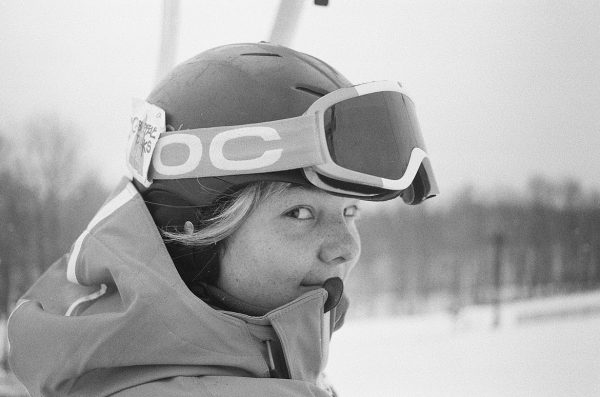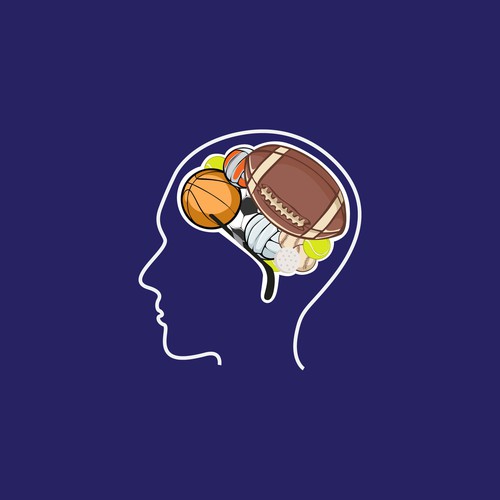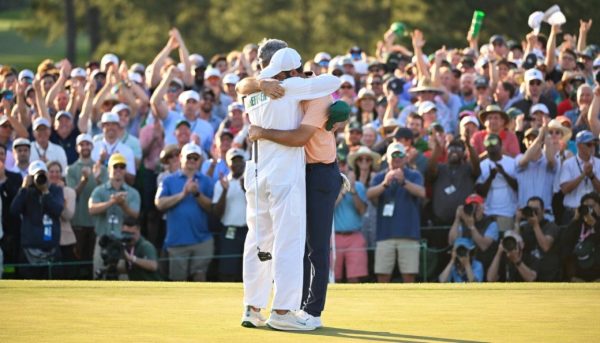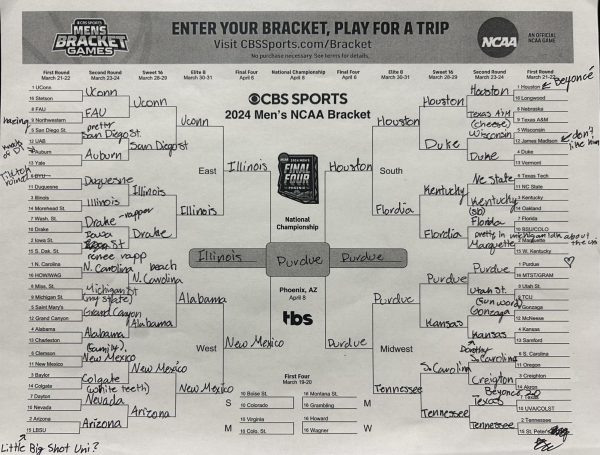The sidelines: More goes into sports than just physical work

More stories from Olivia Oorbeck

More goes into participating in a sport than just physical activity. Sports can include a variety of aspects including nutrition, mental health, mindset, sleep, and the types of exercise and training that help someone prepare to play the sport. The athlete must take care of himself or herself and consider all of the areas listed above in order to make sure he or she is healthy and prepared. One of the most important aspects an athlete must consider is the activities that need to take place in order to prepare his or her body to be in peak shape. This can be incredibly time-consuming and includes an abundance of work and sacrifice, both in and out of competitions.
Healthy nutrition is incredibly important to an athlete’s performance and is an area that some athletes unfortunately overlook. Nutrition is one of the key ways a body adds fuel to build muscle, which an athlete uses on a daily basis. Many advanced athletes tend to be on a diet of some sort. However, when most think of what a diet is, many tend to believe it’s cutting calories or cutting out food. For an athlete, this is not a healthy way to look at nutrition. Athletes turn to micros to tell them what is the accurate amount of protein, carbohydrates, and fats that they should be consuming. When an emphasis is placed on consuming the correct amount of different nutrients, an athlete will feel more strength and endurance, and food can help an athlete feel rejuvenated, awake, and even happier. Nutrition enables an athlete’s body to give the working muscles the amount of energy that is needed to function and grow as they increase levels throughout practice.
Sleep is another essential factor for an athlete’s performance and training. Once again, this is an area many athletes neglect. Although for most of our lives we have been told that sleep is important, many people, including athletes, who are highly committed and busy will sacrifice sleep in order to accomplish all of their responsibilities and training. This is especially true for teenage athletes. Teenage athletes should be getting seven to nine hours of sleep and sometimes even more; however, when you ask most younger athletes how much sleep they get, their responses are shocking. They usually say they get much less than that. In fact, in a study through Colorado Hospital, it reports, “Teens need about nine to ten hours of sleep every night, and about eighty percent of them don’t get it. In fact, half of the teenagers report feeling tired all day. Due to their academic and athletic workloads, young athletes are at increased risk.”
Sleep not only gives an athlete’s body the rest that it needs but also restores the energy that was used the previous day. As an athlete uses more and more energy, the more sleep the body requires in order to get that energy back. Eight to ten hours of sleep can help endurance, increase muscle memory, improve reaction time, produce better moods, and reduces the risk of injury. When athletes do not prioritize sleep, they are taking chances with their bodies that can result in life-changing injuries and a reduction in their level of performance.
Another main component that goes hand-in-hand with sports is an athlete’s mental health. Even with how important one’s mental health can be when it comes to sports, it usually is either overlooked or taken for granted. It is so important for athletes to focus on what they need rather than what others need. However, many athletes don’t. They don’t want to disappoint the people around them that are counting on them. The pressure that is put on athletes, combined with the lack of teaching on how to handle difficult situations and stress brought on by athletics, can result in burnout. Many athletes end up losing their love or interest in one of the things they often started out loving and prioritizing. This can have a domino effect on everything else in their lives and can lead to mental health issues.
Overall, athletes need to take into consideration everything that goes into a sport rather than just the physical components. When committing to and training for a sport, it is key to have a well-rounded training plan. This includes the athletes’ priorities and how those who support the athlete prioritize activities and encourage the athletes they care about to make healthy decisions. Putting an emphasis on all areas of athleticism and what an athlete’s body needs to perform at its best is key to an athlete’s success and longevity. Athletes and their support systems must be willing to be aware of everything going on and small changes in performance and health. Noticing when one’s body is starting to warn him or her of something going wrong is key in catching problems before it results in an injury, burnout, or even mental health issues. It is so important for athletes to prioritize what they need, rather than what others want from them. An athlete is the main person responsible for his or her own well-being, and ultimately it is the athlete that has to deal with the consequences of mis-prioritizing his or her needs.

Olivia Oorbeck is a senior on the FHC Sports Report. She is excited about entering her second and final year on the staff. This year, she received the...












